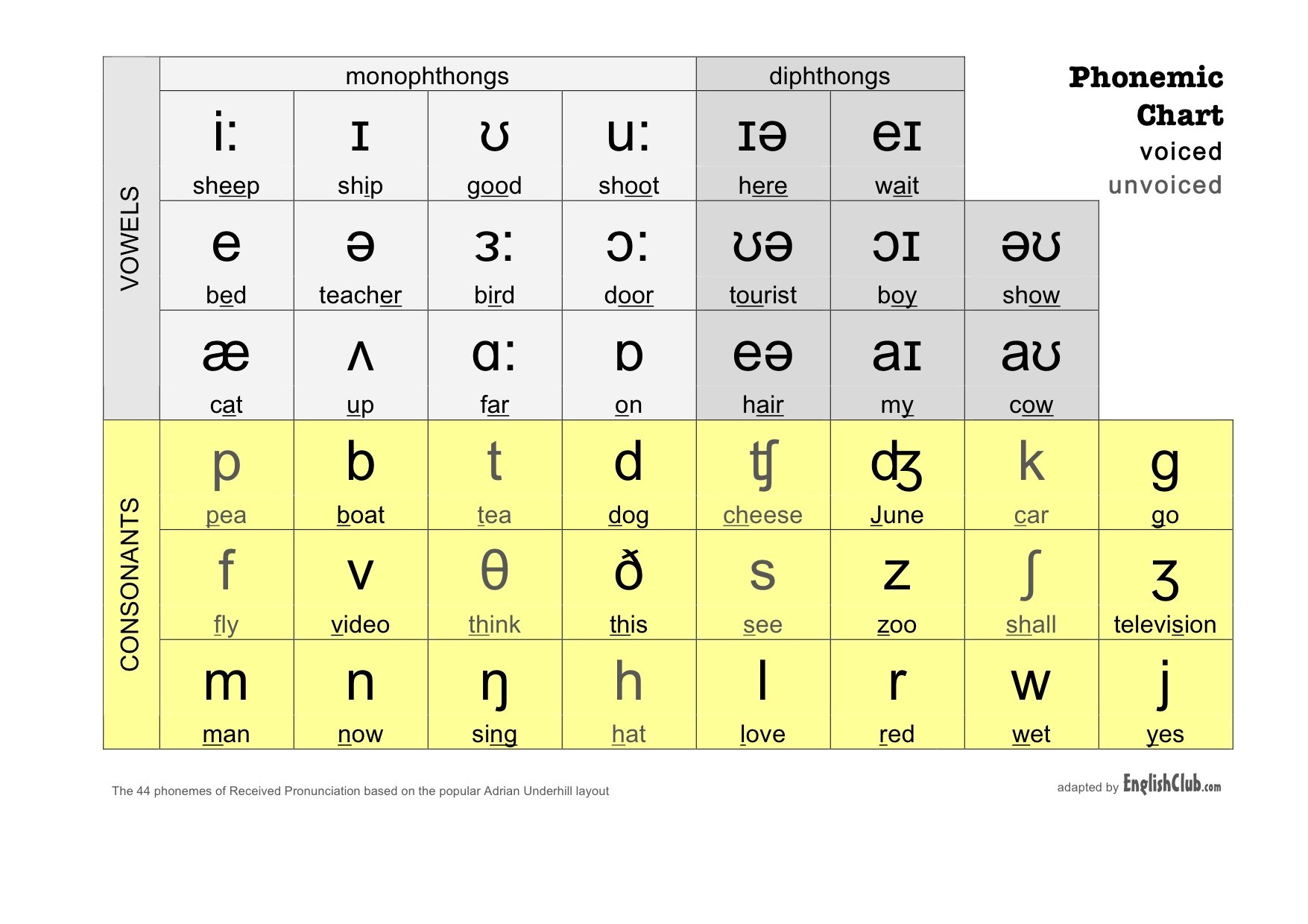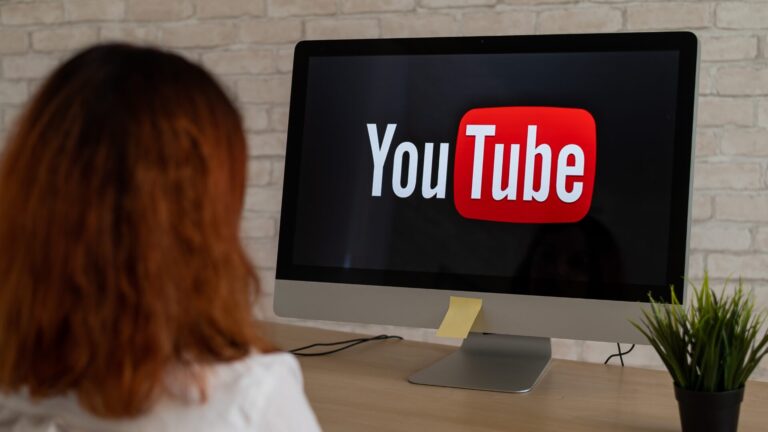![]()
Warm up
—- * * FOR NEW STUDENTS ** ————————————— ————
- What industry do you work in and what is your role?
- What are your responses in your role / position?
- Can you describe to the function of your workplace / company?
- How many departments, how many offices. National or International?
- What are the minimum requirements for employment ie Education or Experience?
- How many opportunities are there to ‘move up the ladder’?
- What is the process for changing job roles ie Interview? Test?
————————————————– —— ——————————————– ——- —
General discussion about your workweek:
- Current projects? Deadlines? Opportunities?
- Anything of interest happening?
————————————————– —— ——————————————– ——–
Script
1. I caved and tried Clubhouse, a 10 month old startup with a $1 billion valuation. I’m not sure I’ll use it, but at least now I get what all the fuss is about. I remember the exact moment I “got” Twitter. I was sharing a car ride in the spring of 2008 with Michael Arrington, the often dyspeptic blogger and TechCrunch founder, when he told me that every time he published an article on his web site he then posted a link to it on Twitter that could be seen by his 20,000 or so followers.
2. It was an ah-ha moment. Up to that point I had thought of Twitter as a no-revenue plaything for a group of Silicon Valley insider types having short-burst conversations about not much at all. I immediately understood it as a broadcast tool of vast potential, which is what it became. In fact, I used Twitter to great effect a few years later to market a book. As it got bigger and louder, and particularly as a certain noxious politician polluted its environs, I have tried half-heartedly to limit my time on Twitter ever since.
3. This all came to mind when, like so many others I know in the past few days, I broke down and joined Clubhouse, the no-revenue plaything for a group of Silicon Valley insider types and celebrities having seemingly unending audio conversations about everything under the sun. Companies catering to tech-savvy people trapped at home during pandemics can grow really quickly, it seems. Clubhouse has been around only since March. Already it has two million users — a similar number as Twitter had after two years. It has fewer than 10 employees, has raised well over $100 million, and is said to be worth $1 billion.
4. More to the point, it took me just a few minutes after joining Clubhouse four days ago to understand its utility. As a digital place to hold a near-infinite number of simultaneous conversations, the app has untold potential to market, broadcast, convene, and otherwise provide a soapbox to whomever wants one. For the uninformed — and prodigious buzz to the contrary, that is still most people — Clubhouse is an iPhone app that allows users to talk amongst themselves as if they were dialing into a pre-Internet AM talk radio show. A moderator recognizes participants by bringing them “onstage.” Everyone else listens. Don’t like the chatter in one room? It’s easy to shift to another, just like changing channels in days of yore, except that there are so many more channels.
5. You’ll likely be drawn to your next room because people you follow, who you may or may not actually know, might be there. The opportunities for chatter are endless. In the past few days I have listened in on a group of stock-market hucksters talking about the GameStop-Reddit-short seller controversy then Master marketer Guy Kawasaki jawboned about the art of persuasion.
6. Clubhouse is well aware of its moment. CEO Paul Davison told a group of some 4,000 listeners at a weekly “town hall” this past Sunday that the company, whose deliciously Silicon Valley official name is Alpha Exploration, plans to open up to all users “soon.” (For now, you need to know someone to be invited; I was given five invitations when I joined, which explains why even without being open Clubhouse is growing faster than a dangerous virus.) It also plans to design an Android version of the app, to boost its server capacity so the service doesn’t crash, and to offer non-English versions.
7. As for making money, Clubhouse has ideas. Davison says advertising isn’t likely, but he is keen on taking a cut of any tips, subscriptions, or other fees “creators” might collect. (Creators is a fashionable term of art in Internetland, and Clubhouse uses it to refer to people who host conversations or otherwise perform in a Clubhouse room.) Says Davison: “We’re excited to have a business that is based on everyone else making money.” Notably, he says Clubhouse wants to be sure Apple doesn’t get its paws on any commission the upstart might collect.
8. Will Clubhouse make it? For all its momentum, there’s room for doubt. Think of the many flash-in-the-pan Internet sensations that faded when the novelty wore off. (HQ Trivia, anyone? Turntable.fm?) One day the pandemic will end and its users may need to leave their homes again. (One friend refers to Clubhousers as “lonely single people who miss AOL,” and the sheer hours devotees are spending on the service doesn’t feel sustainable.)
9. In other words, Clubhouse knows how easily it can become the cesspool that defines the rest of so-called social media, and it professes to be trying to get ahead of the problem. Punishment for breaking the rules includes having one’s account temporarily or permanently disabled, as Twitter and Facebook have done with the former president of the United States. The company says it has given some users the boot but won’t say how many.
10. Win or lose, Clubhouse’s uptake signals a resurgence of people wanting to talk to each other in a world that has been dominated by emails, texts, and doomscrolling of various flavors. It is something of an antidote too to Zoom fatigue: Many let Clubhouse run in the background as there’s no need to be on screen, or to pay attention at all. Inevitably, imitators will follow. Already, Twitter has a nascent Clubhouse killer called Spaces. It’s easy to imagine news and entertainment entities adding voice-oriented features, with or without Clubhouse.
11. As for whether this specific startup makes it, it doesn’t really matter if I think Clubhouse chats are mostly a bunch of insufferable bores having conversations that don’t need to happen. Its future hinges on all sorts of unpredictable new directions it might go once more people start trying and appreciating it. After all, talking to other people, even strangers, isn’t behavior that needs to be explained.
Discussion
1. Would you be interested in using such an application? – if so what rooms would you seek out?
2. How do you feel about it being mostly a phone-call style of communication rather than solely text based?
3.
What are your thoughts on the idea of an exclusive social media? Invite only for example.
Phonetic Chart



